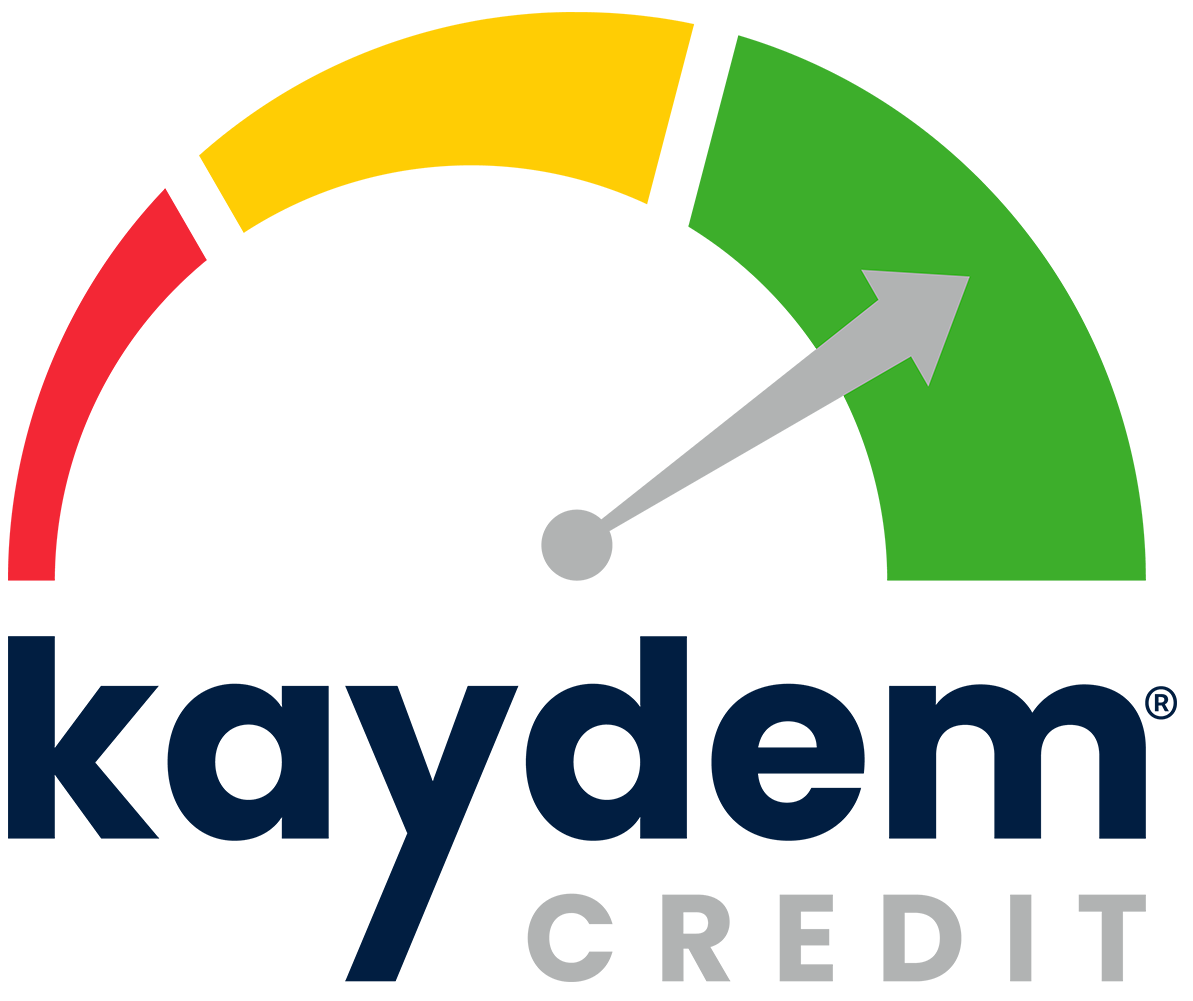Are you ready to take the plunge and buy your first home? Buying a home is an exciting milestone, but it also involves a lot of considerations that require careful thought and planning. As a first-time homebuyer, there are specific questions you should ask yourself before making this big decision. This article will discuss what it means to be a first-time homebuyer, the benefits and drawbacks of homeownership, and the critical questions to consider before you buy. Finally, we’ll outline tips for shopping for your new home and provide some final thoughts on preparing.
What is a first-time homebuyer?
A first-time homebuyer is someone who has not owned residential property in the past three years. In many cases, this includes people purchasing a home for the first time and those reentering the housing market after owning a home. While there are some advantages to being a first-time homebuyer, there are also some drawbacks. It’s essential to weigh the pros and cons before making your decision.
Benefits and Drawbacks of Buying a Home
The most apparent benefit of homeownership is that it provides stability and a sense of belonging. Homeowners can customize their living environment to suit their lifestyle, make repairs or improvements when needed, and take advantage of tax deductions associated with owning a home. However, homeowners must also account for the costs associated with maintenance, taxes, insurance premiums, and other expenses. Additionally, it takes time for a home to appreciate, so buying at the wrong time could be costly.
Questions to Ask Yourself Before Buying a Home
Before you purchase a home, there are a few key questions you should ask yourself. These can help you determine if homeownership is right for you and, if so, how to proceed.
Buying a Home Financial Questions
How much can I afford?
It’s essential to have a clear idea of your budget before you start looking for a home. Your budget should include not just the cost of the house itself but also associated costs such as taxes, insurance premiums, maintenance, and other expenses.
What kind of loan do I want?
You’ll need to determine which type of loan is right for you. Options may include conventional loans, FHA or VA loans, and other specialized loan programs.
How much of a down payment can I make?
Most lenders require a minimum down payment for conventional loans, but options may be available for first-time homebuyers without the necessary funds.
What other costs do I need to consider?
Homeownership involves more than just the purchase price of a home. You’ll need to factor in closing costs, moving expenses, and any other fees associated with buying a home.
Buying a Home Location Questions
What area or neighborhood do I want to live in?
Consider factors such as access to public transportation, proximity to work or school, crime rates, and other elements that will affect your quality of life.
Are there any future development plans for the area that could influence my decision?
It’s important to look at what kind of changes may be coming so you can accurately assess how they may impact your decision.
What kind of commute would I have?
This is especially important if you work in a different city or state. Look at the commute times and cost of transportation so you can anticipate what your daily commute would be like.
Tips for Shopping for Your New Home
1. Make a list of your needs and wants. Spend time thinking about what you want in a home and prioritize which features are must-haves versus nice-to-haves.
2. Research homes in the area you’re interested in. Look for homes that meet your criteria, compare prices, and read reviews of the area.
3. Take a tour of the home before making an offer. This will allow you to assess if it’s really what you want and provide an opportunity to ask questions about any features that may not be obvious from photos or online listings.
4. Ask for help from experienced professionals. A real estate agent can help you with the home-buying process, and a financial advisor can assist with questions about financing, taxes, insurance, and other financial matters.
Ultimately, the decision to buy a home should not be taken lightly. It requires much consideration and self-reflection. It can be an overwhelming process, but if you take the time to answer the questions in this post beforehand, it will make taking on such a significant financial commitment easier and less intimidating.
When you feel like you’re ready to make the plunge into homeownership and get your dream home, use local realtors for help as well as other resources in your community that are available for first-time buyers. Finally, if your credit score could use a boost before buying a home, click here to learn how to prime yourself for success!







